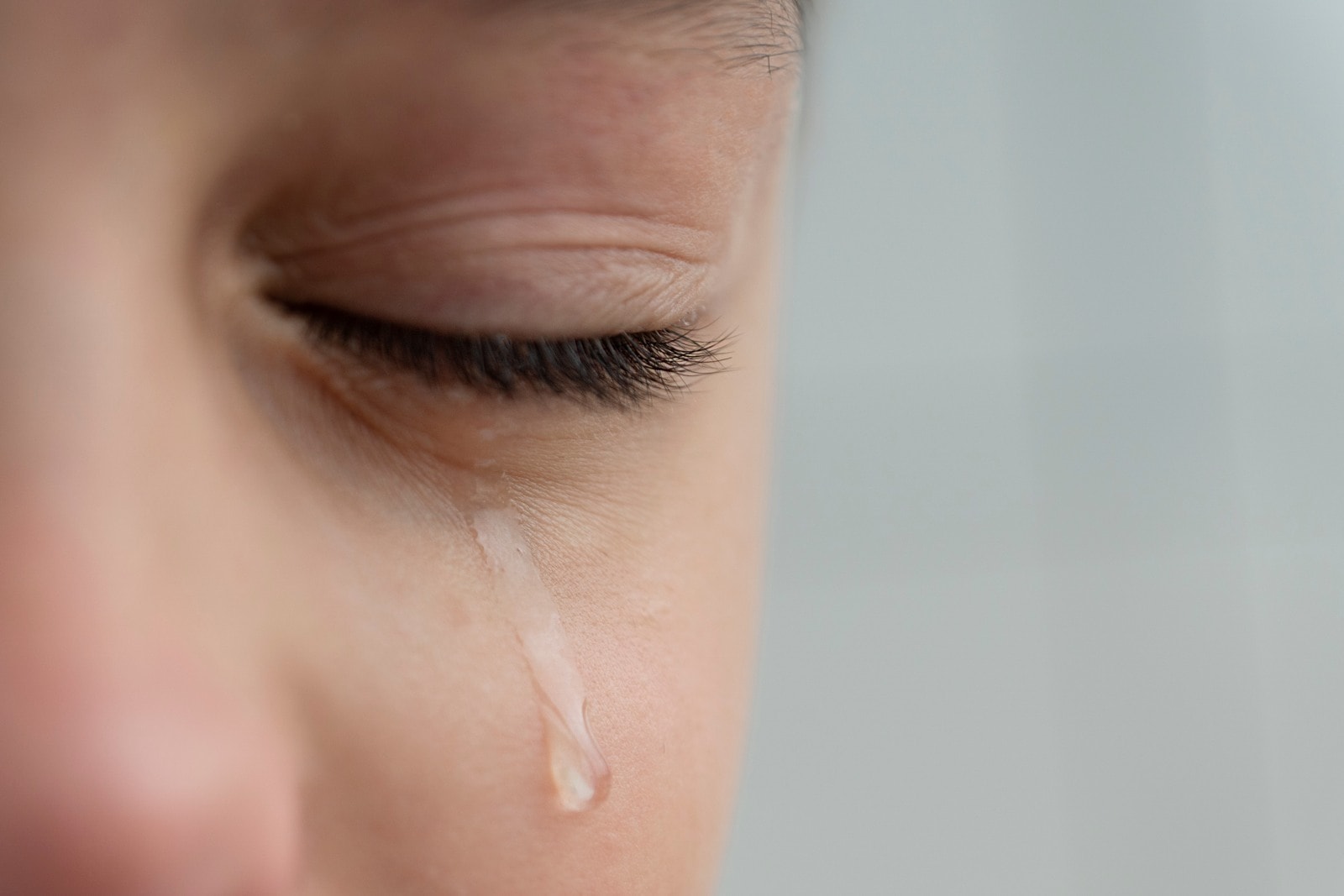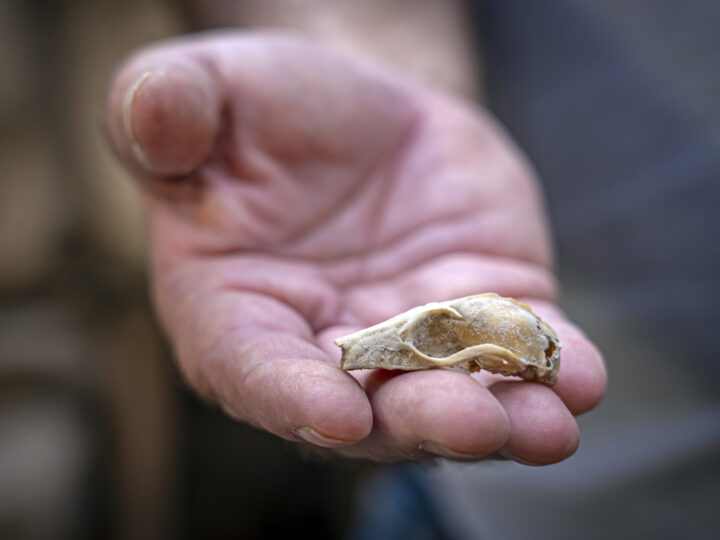Scientists in Israel have proven for the first time that the scent of women’s tears reduces aggression in men.
Previous studies showed that the tears of other mammals, particularly rodents, have that effect on one another.
For example, female mouse tears contain chemicals that impact aggression networks in the brain, thereby reducing fighting among male mice. Subordinate males of blind mole rats smear themselves in tears to reduce the dominant male’s aggressive behavior toward them.
Human tears, as well, contain chemicals that serve as social signals, according to olfactory researcher Prof. Noam Sobel of the Weizmann Institute of Science.
Back in 2011, his team reported that sniffing women’s emotional tears reduced testosterone levels in men, somewhat diminishing sexual arousal.
In the new study, researchers led by PhD student Shani Agron from Sobel’s lab wanted to determine whether tears have the same aggression-blocking effect in people as they do in rodents.

In a series of experiments, men were exposed to women’s emotional tears or to saline (saltwater), without knowing what they were sniffing and without being able to distinguish between the two, since both are odorless.
Next, they played a two-person game designed to elicit aggressive behavior in one player toward the other player. Led to believe the other player was cheating, the men could get revenge by causing them to lose money, though they themselves gained nothing.
After the men sniffed women’s emotional tears, their revenge-seeking aggressive behavior during the game dropped by about 44 percent.
Odorless but effective
This seemed equivalent to the effect observed in rodents, but rodents have a structure in their noses called the vomeronasal organ, which picks up the social chemical signals. Humans don’t have this organ, so how do they sense the social chemicals?
To find an answer, the researchers applied the tears to 62 human olfactory receptors in a laboratory dish and found that four of these receptors were activated by the tears, even though tears are odorless.
They repeated the experiments while examining the men’s brains in an MRI scanner. Functional imaging showed that two aggression-related brain regions – the prefrontal cortex and the anterior insula – were less active when the men were sniffing the tears.
The greater the difference in this brain activity between saline and tears, the less often the player took revenge during the game.
A chemical blanket
“We’ve shown that tears activate olfactory receptors and that they alter aggression-related brain circuits, significantly reducing aggressive behavior,” Sobel says.
“These findings suggest that tears are a chemical blanket offering protection against aggression – and that this effect is common to rodents and humans, and perhaps to other mammals as well.”
The study, published December 21 in PLOS Biology, was conducted in collaboration with Prof. Hiroaki Matsunami of Duke University School of Medicine, whose former postdoctoral fellow, Dr. Claire A. de March, led the research with Agron.
Future research will explore whether the new study’s findings apply to women, Agron says.
“We knew that sniffing tears lowers testosterone, and that lowering testosterone has a greater effect on aggression in men than in women, so we began by studying the impact of women’s tears on men because this gave us higher chances of seeing an effect. Now, however, we must extend this research to include women, to obtain a fuller picture of this impact.”
Babies, also, may be benefitting from this effect. “Infants can’t talk, so for them relying on chemical signals to protect themselves against aggression can be critical,” said Agron.

















